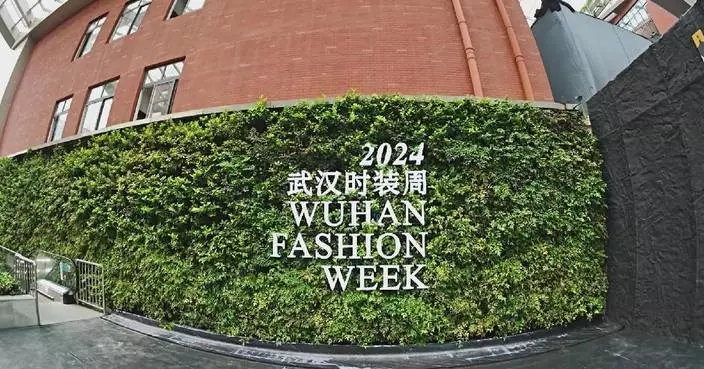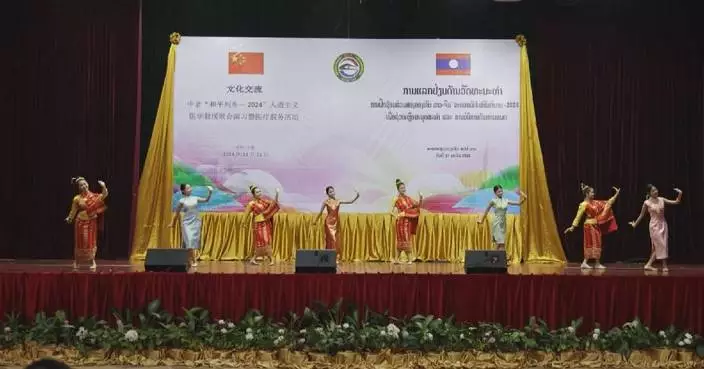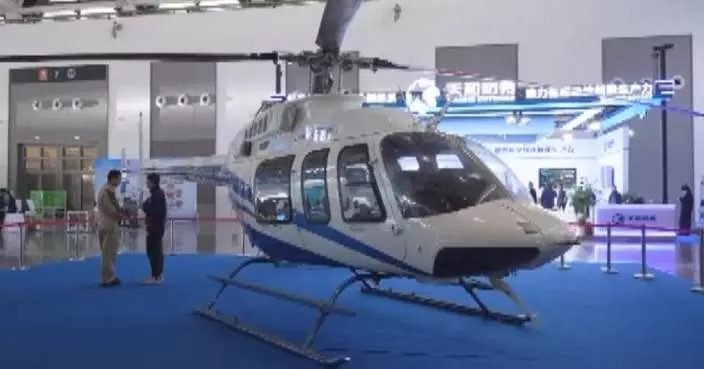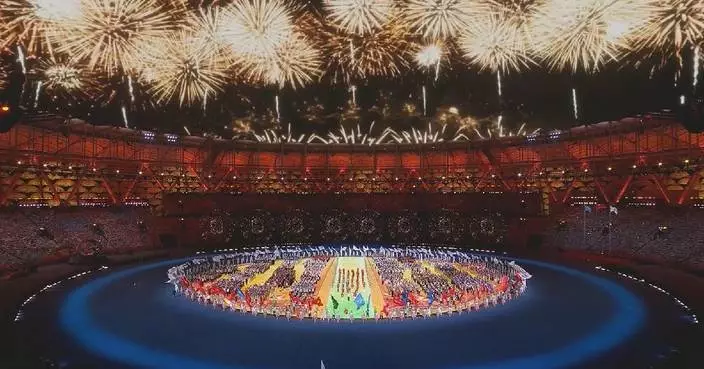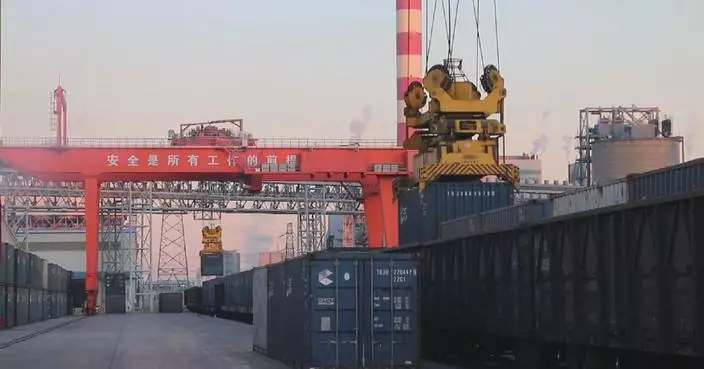China has taken on a leadership role in promoting economic interactions within the Asia-Pacific region, Peruvian President Dina Boluarte said in an interview with China Media Group prior to the 2024 Asia-Pacific Economic Cooperation (APEC) Leaders Meeting.
Peru hosted the 31st APEC Economic Leaders' Meeting from November 15 to 16 under the theme of "Empower, Include, Grow."
In the interview, Boluarte hailed China's role in advancing Asia-Pacific cooperation and promoting global growth within this framework.
"I believe China plays a pivotal role in the economic interactions among the 21 APEC economies. Undoubtedly, China has taken on a leadership role within APEC. For example, the development of Chancay Port is one of the clear testaments to China's positive contributions in the Pacific region. This is why we have maintained close cooperation with China, and why China is now Peru's largest trading partner. We will continue strengthening our bilateral economic ties, learning from China, and taking China as a model," she said.
The Peruvian president highlighted China's success in eliminating poverty and rapid development, emphasizing that Peru will continue to learn from China's transformative achievements.
"China has shown us how to eliminate extreme poverty and become a strong country. We learn from China that nothing is impossible. Perhaps things won't be easy at the beginning, and changes can be difficult, but resilience is essential when facing challenges. This is Peru. We are a resilient country. We rise above difficulties, constantly grow and make progress, just like the phoenix," said Boluarte.
"China sets a good example, and we must keep learning from it. Our relationship with China dates back over 50 years. Take Shenzhen for example. It was just a small fishing town 50 years ago, but today it is a technologically advanced international metropolis. This transformation amazes and inspires me. In Peru, it might take us 50 years just to build a school," she said.
Boluarte especially emphasized the importance of adopting China's long-term planning approach, saying that Peru aims to shift from short-term thinking to envision a future beyond being a raw material supplier and strive for prosperity.
"That is the difference between us. We have seen that under its leadership, China doesn't merely focus on the short term of one or two years. It casts sights on the future with five-year, ten-year, or fifteen-year plans, even setting its goals for 2050. We want to adopt this approach in Peru. We must stop limiting ourselves to short-term thinking. Instead, we must create long-term plans for Peru's future, so that we no longer see ourselves as just a supplier of raw materials, a perpetually poor country, or believe we cannot become a developed country," she said.
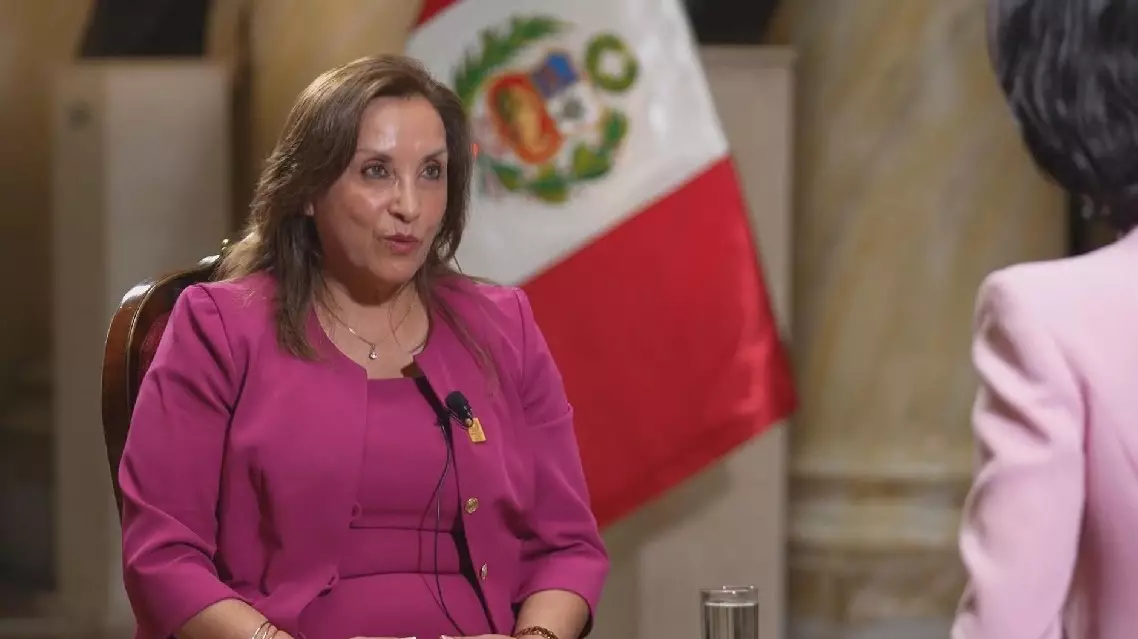
China takes on leadership role within APEC: Peruvian president
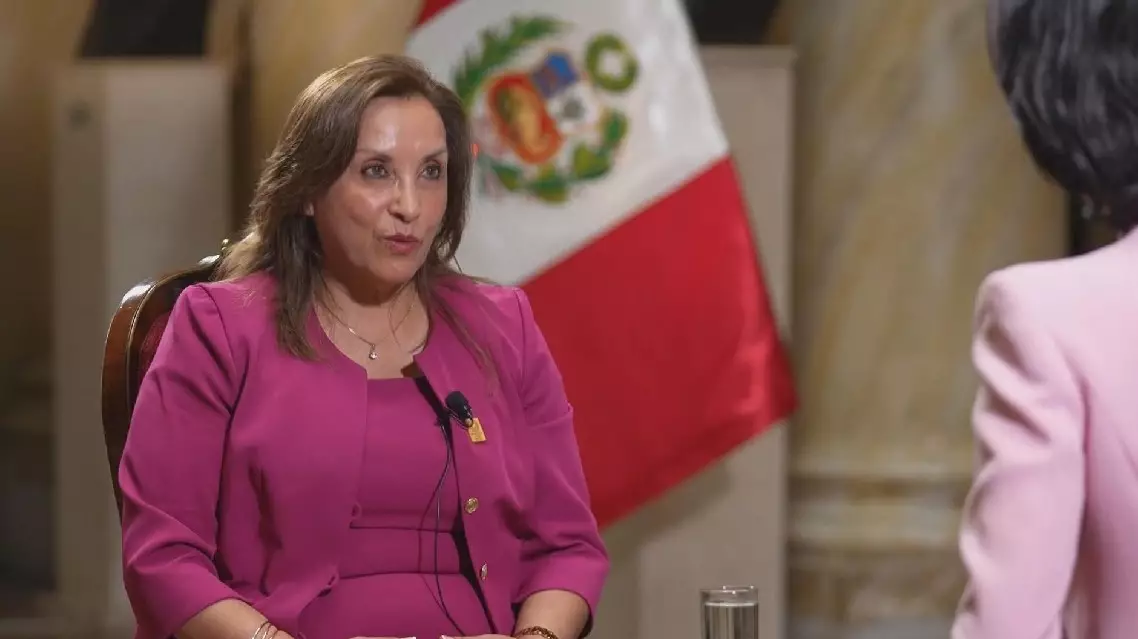
China takes on leadership role within APEC: Peruvian president
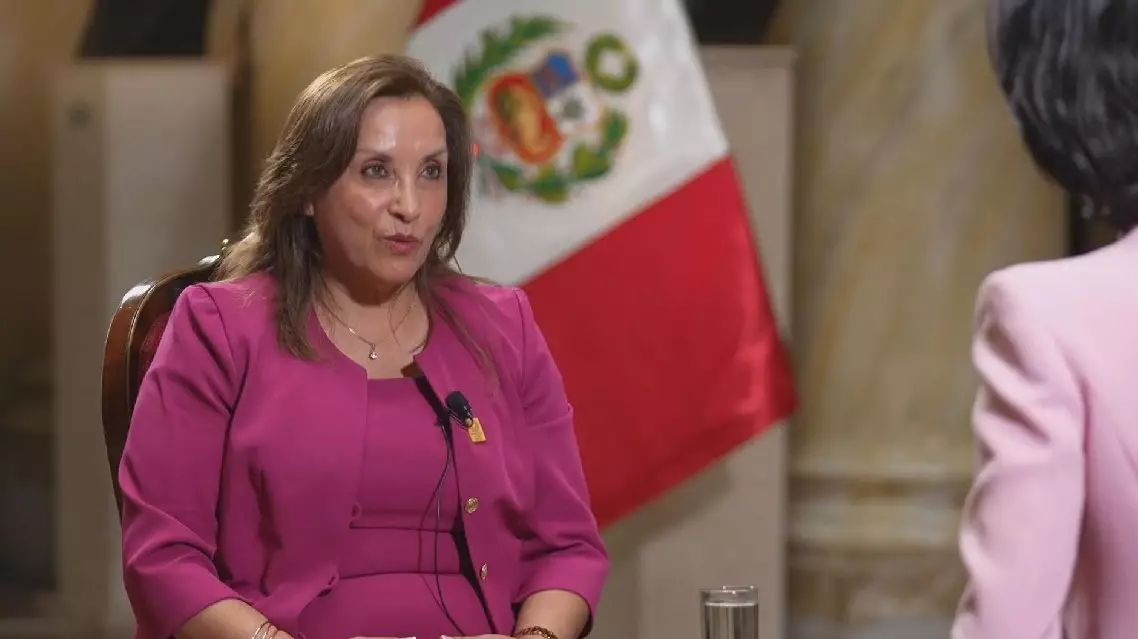
China takes on leadership role within APEC: Peruvian president
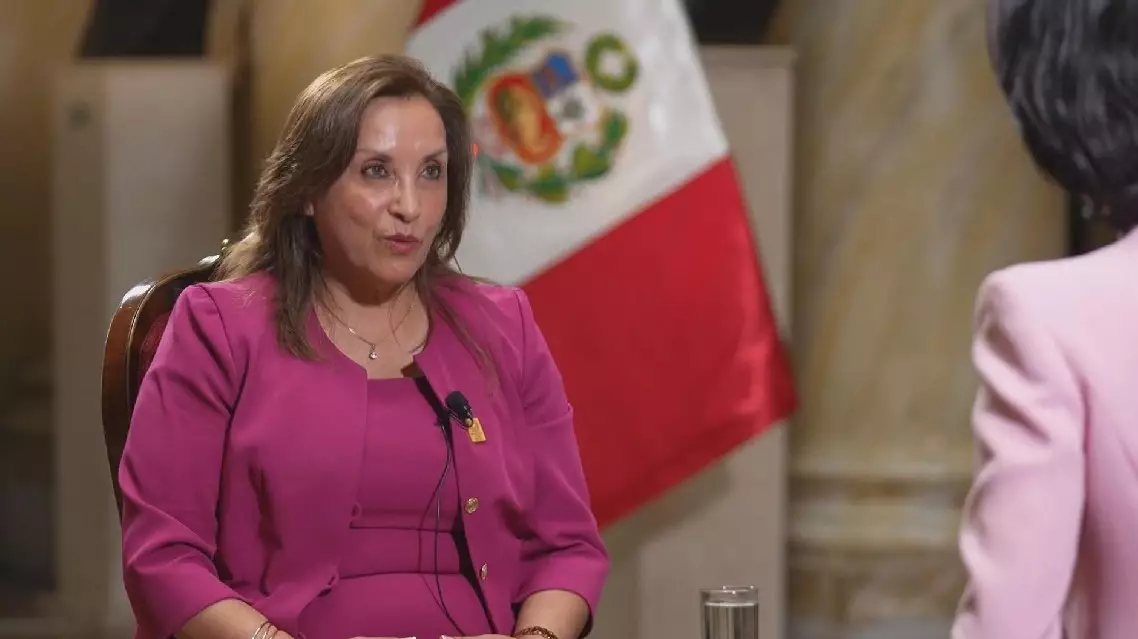
China takes on leadership role within APEC: Peruvian president



